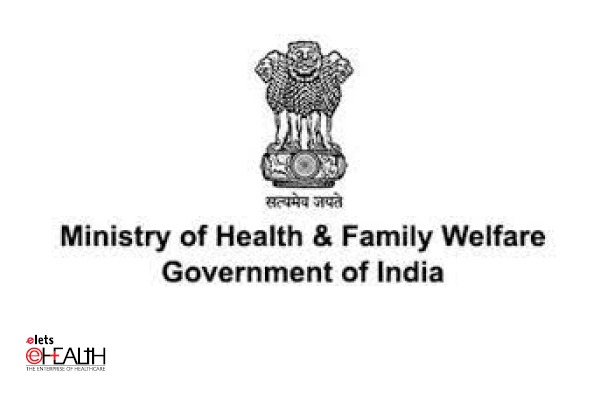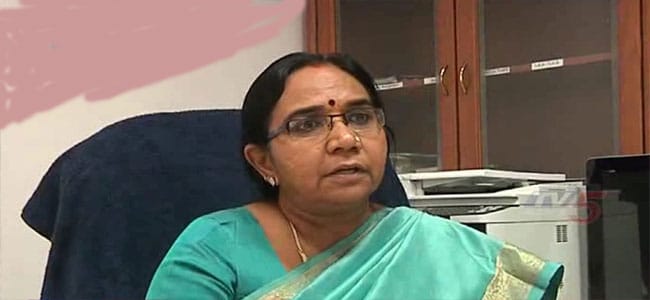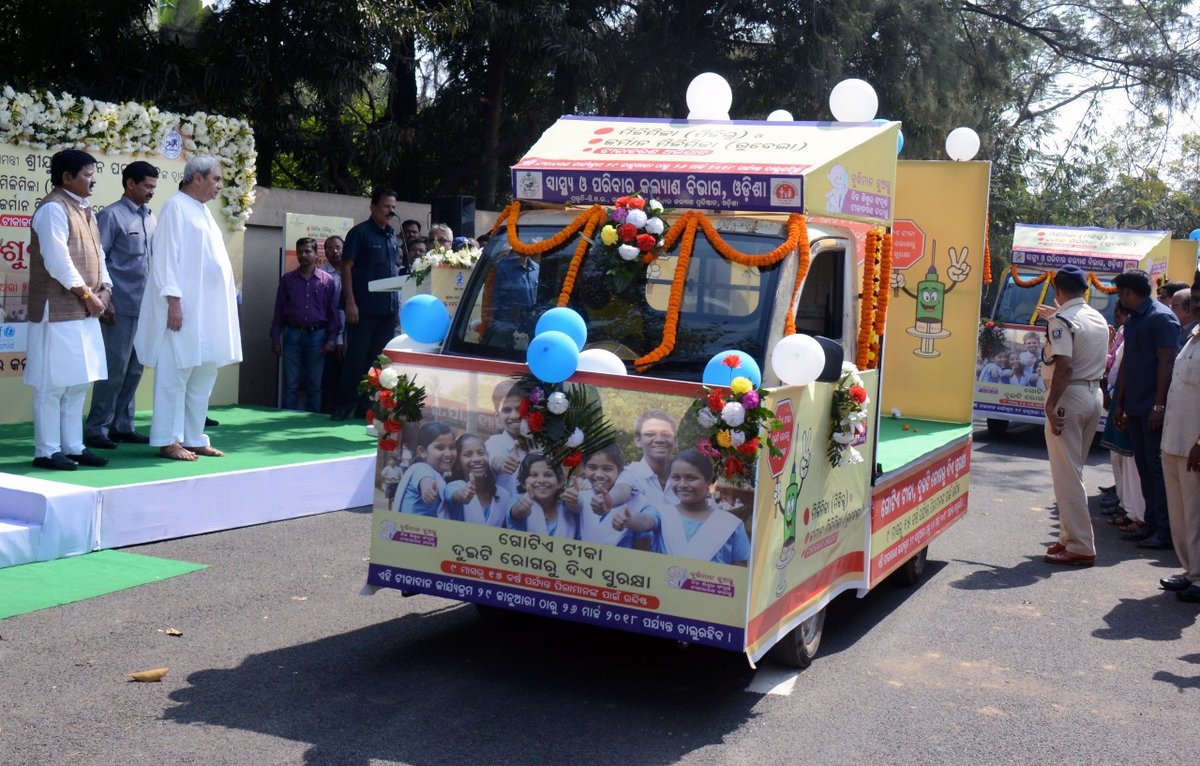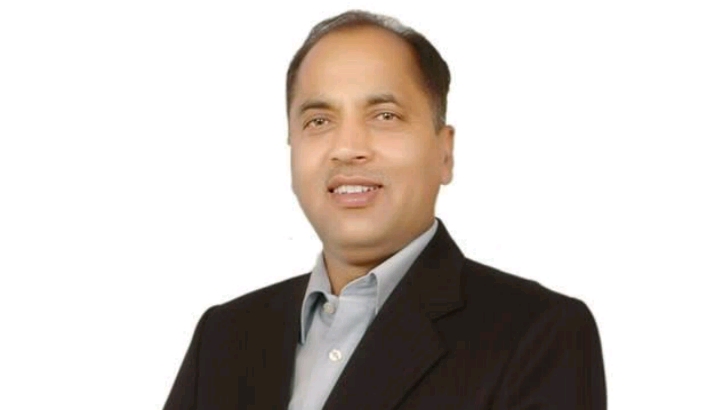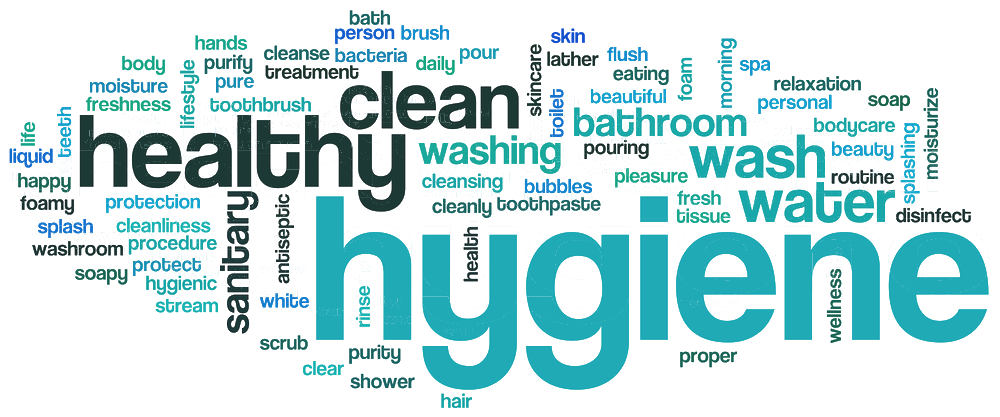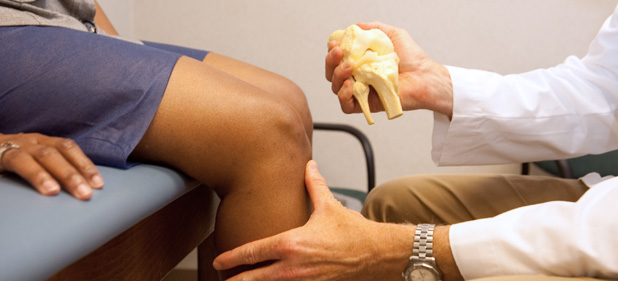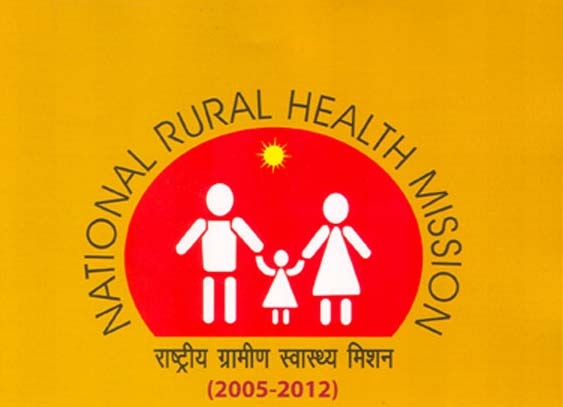
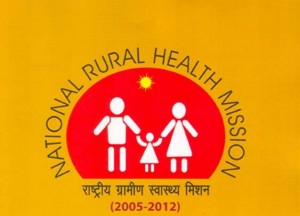
Maharashtra Government has begun the process for launching the Emergency Medical and Referral Services (EMS). 937 ambulances would be provided under the service as a part of National Rural Health Mission. It will cost Rs 1050 crore.

The state government has outsourced the entire project to BVG India Ltd which will be handing over the first vehicle by March. However, it will about September 2013 when all 937 ambulances will be in place. The project will be implemented across state including all major municipal corporations – Mumbai, Thane, Aurangabad, Pune, Pimpri-Chinchwad, Nashik and Nagpur.
Joint director of NRHM in Maharashtra Dr Satish Pawar said that these ambulances are expected to pick up patients in emergency within the ‘golden hour’ and reach them to nearest hospital. “The project was delayed due to some parties challenging the tendering process. Government won the case some months back and the process started again,” he said.
There are basically two types of vehicles, the ones with Basic Life Support (BLS) system and one with Advanced Life Support System (ALS). “These can be called for by dialling the nationwide number being used under the project -108. It aims to bring about a 20% reduction in mortality and morbidity rate,” Dr Pawar stated.

ALS vehicles will cost Rs32 lakh (Rs 14 lakh for vehicle and Rs 17 lakh for equipment) each. The recurring cost of the vehicle has been put at Rs1.4 lakh which includes expenses on staff, training and managing or response centre. Maharashtra is procuring 704 BLS vehicles and 233 ALS. There will be one ambulance for every one lakh rural population and every 3 lakh urban population. Mumbai alone will have 120 vehicles.
In ALS vehicles, besides the basic support system, there will be facilities for patients of heart attack, multiple organ failure as well as those on dialysis. Only ALS can transport critically ill patients and is called bed-bed support system. It will also have qualified doctors, nurses and paramedical staff.
District collectors will head the committee that will control its working and will include transport, information technology, medical education, police, fire brigade and finance and placing departments along with health department. For ambulances procured for corporations, total expenditure of procurement and recurring cost will be borne by state government while in rural areas 100% capital cost and 60% recurring cost will be borne by Centre.
Be a part of Elets Collaborative Initiatives. Join Us for Upcoming Events and explore business opportunities. Like us on Facebook , connect with us on LinkedIn and follow us on Twitter , Instagram.


